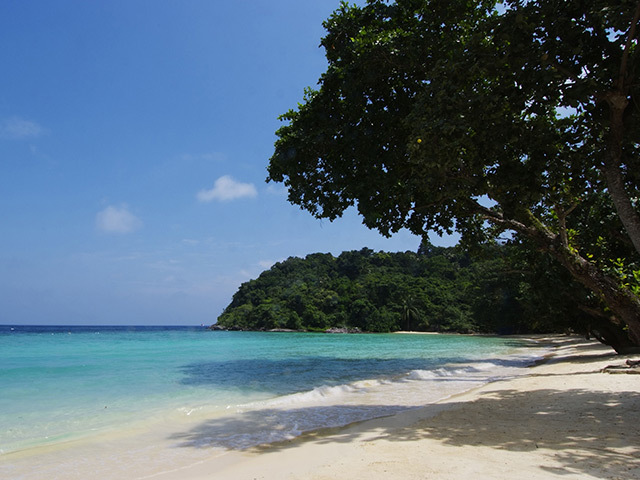
This week will see 11 Scottish oil and gas firms visit Subsea Asia 2014 (June 11 – 13) to explore opportunities in the rapidly emerging subsea sector. Malaysia has long been one of Asia’s most important oil and gas hubs since oil was first discovered off the coast of Sarawak in 1910. However, much of the exploration and production activity has occurred in shallow waters.
Like many Asian countries, Malaysia is seeing a surge in energy demand while at the same time a decline in its own domestic production. The only way for it to combat this imbalance will be through increased domestic production, by venturing beyond the most accessible reserves that are nearing maturity and setting their sights on developing wells in deeper and more remote waters.
As part of its ambition to establish itself as the leading Asian market for oil and gas by 2017, the Malaysian government has recently approved new incentives to make it more attractive for exploration activity in more technically challenging and marginal oil field locations. This focus on deep water developments could herald a new era in Malyasia’s oil and gas industry and the Sabah region in East Malaysia is expected to be at the heart of that growth.
Malaysia’s national oil company, Petronas, has invested £8billion in three new oil and gas fields and five downstream projects in the region. Its floating LNG facility 180 km off the coast of Sarawak is expected to start up as early as 2015, making it the first operational FLNG in the world. This increased focus on subsea will require much higher levels of technology and engineering expertise and improved safety standards, which Scotland is in ideal position to respond to. Scottish companies have more than 40 years’ experience and technological expertise in subsea cables and connectors, seabed mapping, subsea positioning systems, sensor technology, ROVs and underwater inspection systems – all areas of interest to Malaysian companies.
Similarly, Scotland’s history in subsea exploration gives us a unique competitive advantage when it comes to training and education of the Malaysian workforce. According to Malaysia’s Federal Department of Accredited Skills Development, some 16,000 skilled workers are going to be needed annually by 2020 to meet growing demand in both upstream and downstream activities.
Already, Scottish companies and institutions are recognising the potential this creates – Heriot Watt Malaysia’s campus will open later this year, offering a range of undergraduate and masters programmes in petroleum and mechanical engineering while Aberdeen Drilling International (Malaysia), the fully owned subsidiary of Aberdeen Drilling School, has announced that it will launch its Malaysian training centre in mid-August this year. It will deliver its world-leading Well Control, Well Intervention Pressure Control and Drilling Industry Awareness courses weekly in association with Universiti Teknologi Malaysia in central Kuala Lumpur.
This week provides an ideal platform to showcase both Scotland’s capabilities in subsea and the training and education sectors, which we hope will lead to new partnerships that will allow Scotland contribute to the grow of Malaysia’s oil and gas industry.
Neil McInnes is head of South East Asia for Scottish Development International.
Recommended for you
